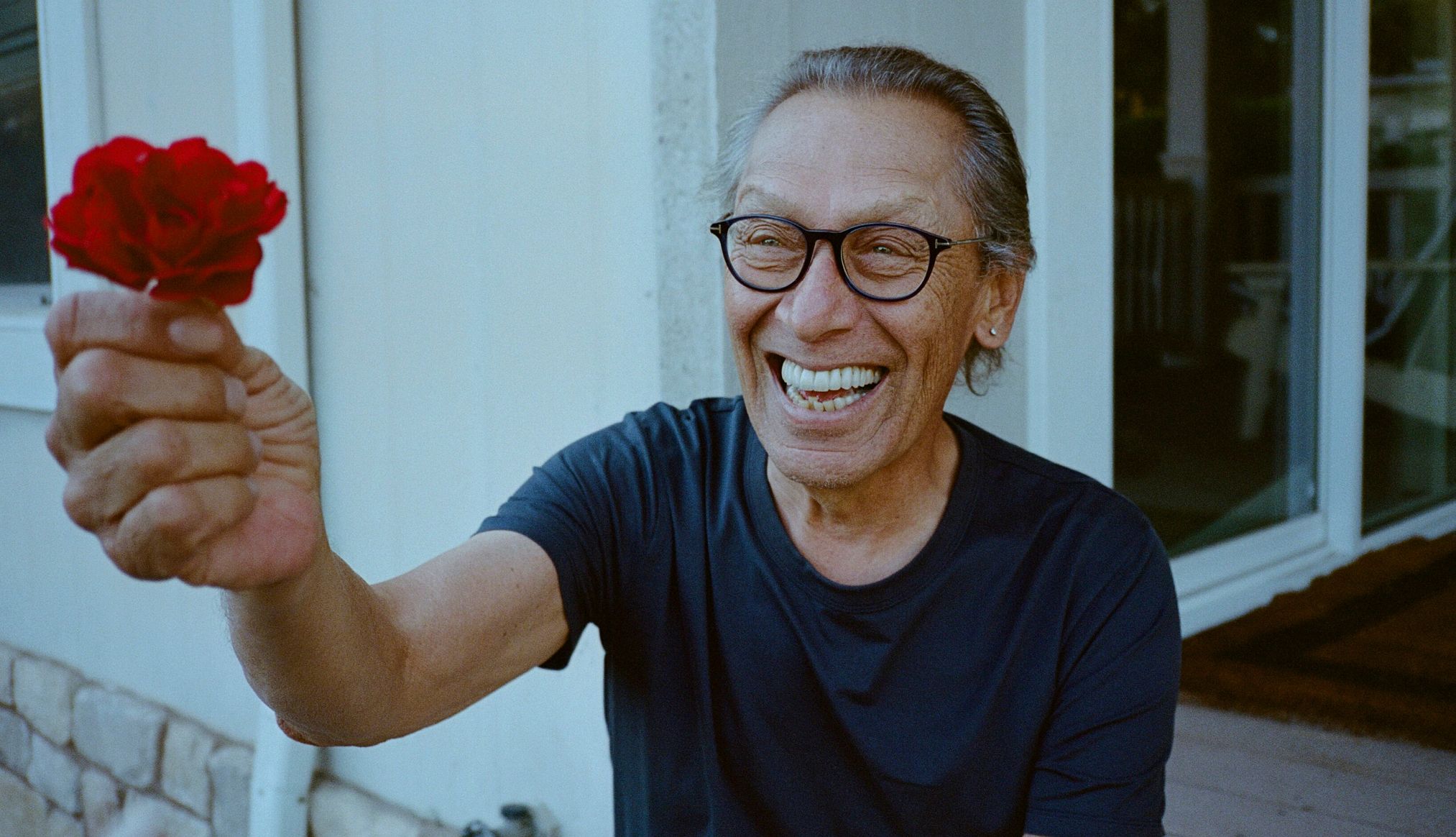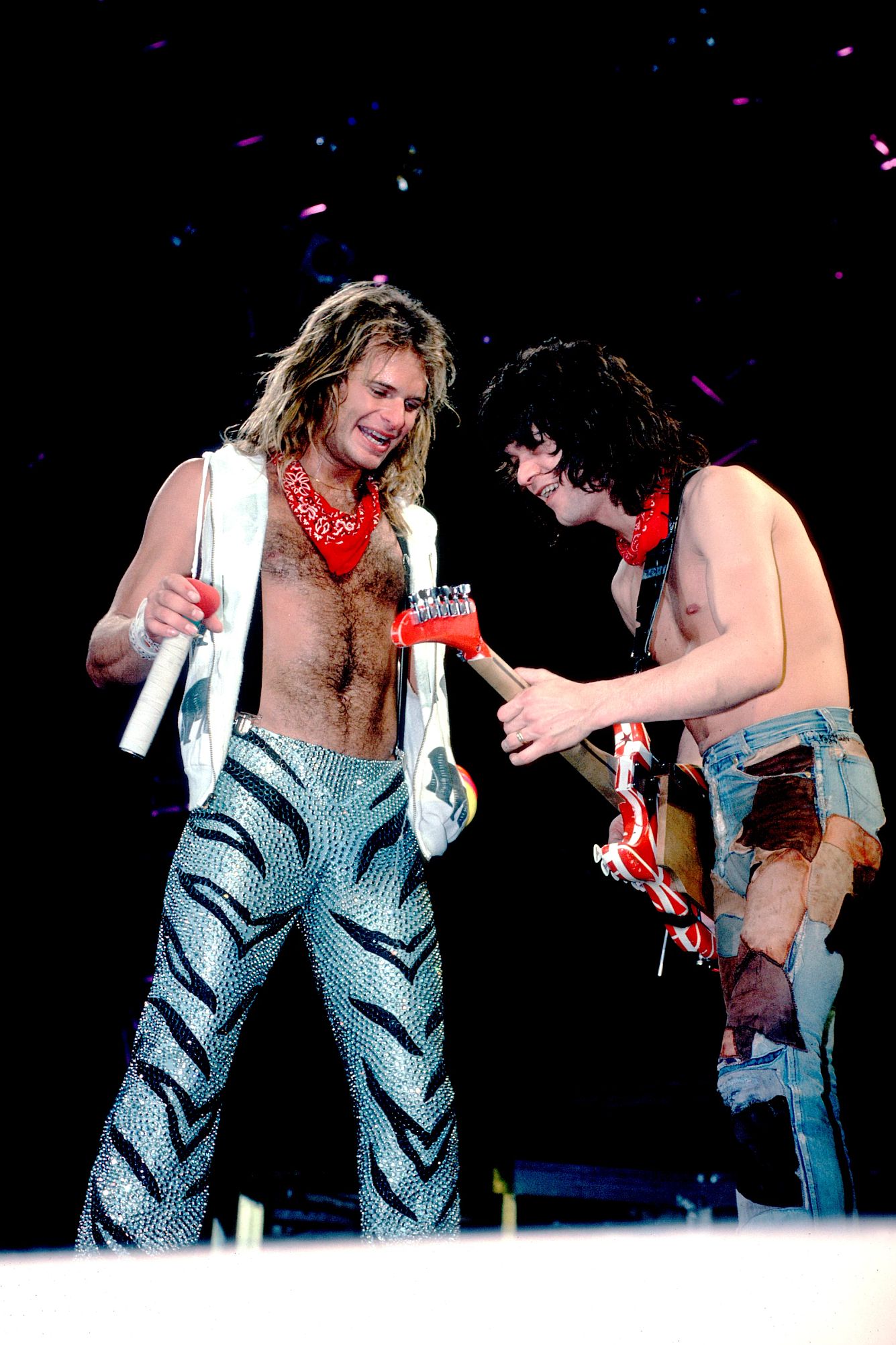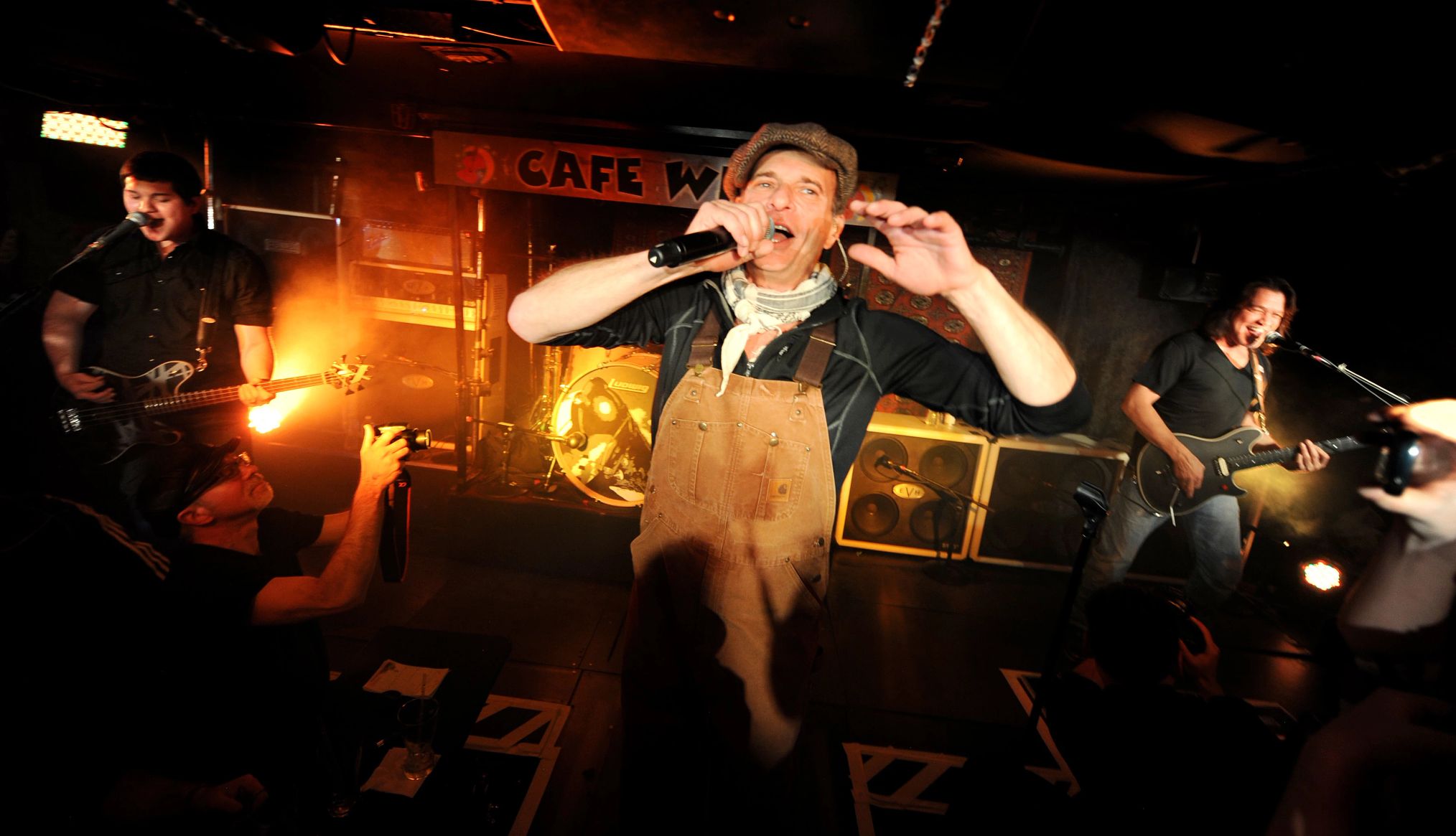AARP Hearing Center


Drummer Alex Van Halen, 71, tells the turbulent inside story of the superstar rock band Van Halen in the candid, funny, poignant book Brothers (published Oct. 22), about life with his late younger brother Ed, Van Halen’s celebrated guitarist.
Born in Amsterdam, they moved to working-class Pasadena in 1962 with their Dutch father and Indonesia-born mother. Proficient on multiple instruments by their teens, they rocketed to success in 1978, sold 80 million records and packed arenas on the strength of virtuosic musicianship, David Lee Roth’s campy charisma and such hits as “Panama,” “Hot for Teacher” and “Jump.”
A smoker and drinker since 12, Ed got tongue and lung cancer, resisted conventional medicine, opted for experimental treatments and his cancer spread. He died of a stroke at 65 in 2020.


Alex spilled out his feelings about Ed to AARP, his voice occasionally cracking with emotion.
What inspired you to write Brothers?
I feel a responsibility to give people a deeper understanding of what a beautiful guy he was. I was sick of all the unfair comments, mostly regarding his ability to play guitar and keyboards. So offensive.
How tough was it to revisit his last years?
Cathartic, but it also agitated me because it brought it all back. I went to a couple of experts for PTSD. I couldn’t understand why I was behaving the way I was. [Mogul] Irving Azoff was really helpful in straightening me out. He’s not the ruthless guy people make him out to be, even though that’s what he wants you to believe. The man’s got a heart.
Why is he always referred to as Eddie Van Halen?
He hated being called Eddie. Reviewers called him that. He preferred Edward.
You and Ed were very close, but you fought frequently, right?
There were many times we would beat the crap out of each other. We had the most intense love and the most intense fights. But don’t ever get between us. I would kill for him. Ed and I were taught that the most important thing was to stick together. That’s the only way you’ll have any power.

































































You Might Also Like
Donnie Wahlberg: Hanging Tough and Feeling Fortunate
The star looks back on his diverse career and forward to a New Kids residency
A Gold Star Widow's Guide to Grief
There are no fixed stages of grief but hope is possible13 Surprising Things We Learned From Lisa Marie Presley’s Memoir
‘From Here to the Great Unknown’ reveals the pain and strangeness that defined the Presley familyRecommended for You